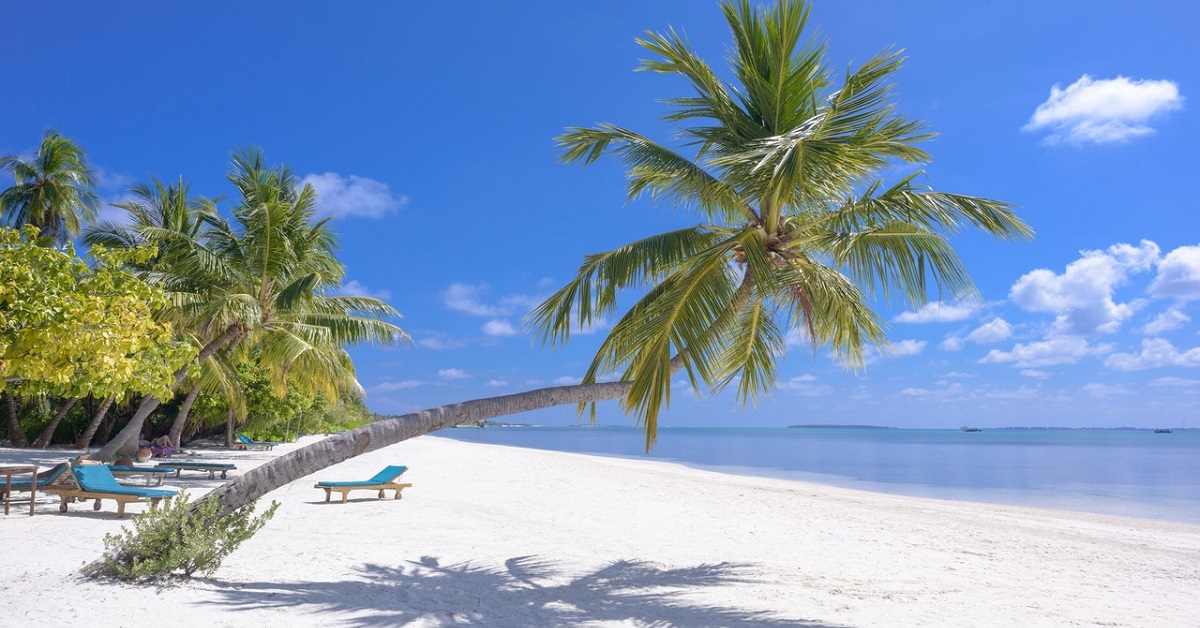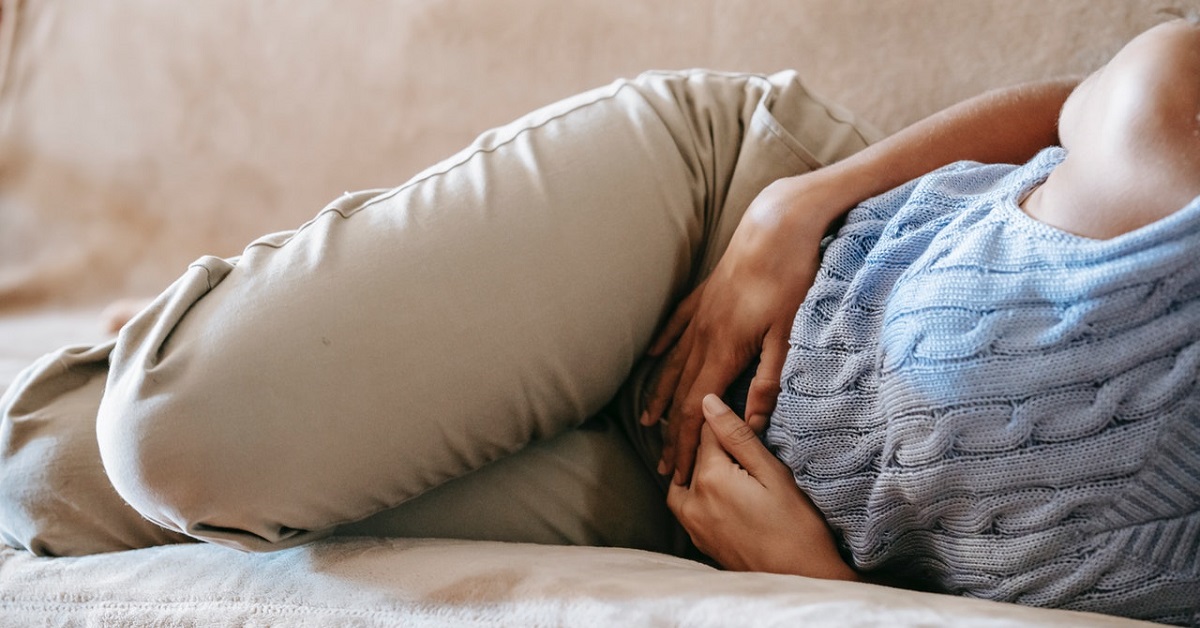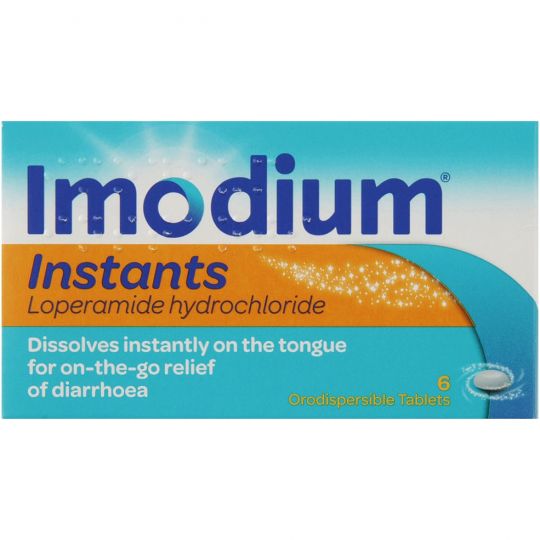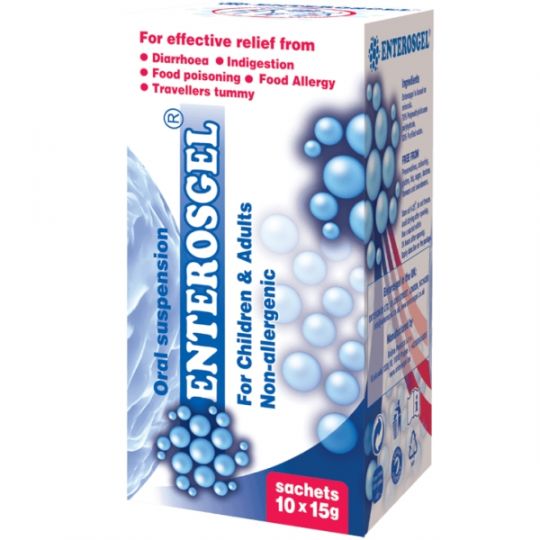Chemist.net Cookie Policy : We use cookies to enhance your user experience. To find out more please view our cookie policy
Tips to Prevent Travellers' Diarrhoea, & Medicines to Take With You Just in Case

Almost half of all travellers globally encounter travellers’ diarrhoea. About ten million experience it annually, making it one of the most common travellers' illnesses. Bacteria from water contaminated with faeces is the infectious agent associated with this type of infection. Most of these cases are brought about by a bacteria known as enterotoxigenic Escherichia coli (ETEC). Keep reading to learn more about travellers' diarrhoea, diarrhoea tablets, and diarrhoea relief.
The development of travellers’ diarrhoea depends on the country of destination. Developing countries pose the highest risk worldwide, and the destinations with most cases of travellers’ diarrhoea are some countries in Africa, Asia, the Middle East, and Latin America. There are certain groups of people who are at higher risk of developing travellers' diarrhoea, and they include:
- People with diabetes
- Those with a suppressed immune system
- People who suffer from inflammatory bowel diseases
- People who are on medications like H-2 blocker medicines or antacids
What are the symptoms of travellers' diarrhoea?
The first symptom linked with travellers’ diarrhoea is a sudden attack of consistent loose stools that may be watery. These attacks may happen four to five times a day. Other symptoms that may accompany loose stools are nausea, abdominal pains, bloating, vomiting, or fever.
Nevertheless, most cases of travellers’ diarrhoea go away on their own within a few days. About 90% of the cases disappear within a week without necessarily receiving any treatment. Drinking lots of fluids (oral rehydration) and clear liquids is the best way of surviving this condition. You may need antibiotics if you have a more serious case of travellers' diarrhoea.

How to Prevent travellers' diarrhoea & get diarrhoea tablets and relief
There are a number of steps that you can take to reduce the chances of getting travellers' diarrhoea. They are:
- Drinking bottled water or bottled beverages, which are normally safer.
- Avoid drinking tap water and dairy products.
- Ensure that you make your tea or coffee with bottled or boiled water.
- Most alcoholic drinks are usually safe. However, they should be served with ice cubes made from bottled or boiled water if you are in high-risk zones.
- Brush your teeth with boiled or bottled water.
- Keep away from seafood or undercooked foods.
- Avoid foods from street vendors when in high-risk areas.
If you are not in a position to boil the water, you can always use Iodine tablets, which are well known for purifying water. However, the water will have to sit for up to 15 hours before drinking to enable iodine to kill an organic known as Cryptosporidium. Before boiling, you can use a clean cloth to strain cloudy water into a container to get rid of any floating matter or sediment.

How to treat travellers' diarrhoea with diarrhoea tablets & get diarrhoea relief
As mentioned earlier, most cases of travellers’ diarrhoea are mild and do not require any medical attention. You’ll simply need to drink plenty of water, as well as get enough rest, and you should be doing great in a couple of days.
However, severe cases are very dangerous and will require proper treatment. Below are some of the signs of a serious case of diarrhoea:
- Presence of mucus or blood in stool
- Vomiting
- Five or more attacks in a day
- Serious abdominal pains
Here are some of the best tablets that we recommend to treat and relieve travellers’ diarrhoea, just in case.
Imodium Instants Orodispersible Tablets

Enterosgel Sachets

Get in touch with us today for more information about travellers’ diarrhoea and our products.
This blog post was written on behalf of Chemist.net by Pharmacy Mentor.